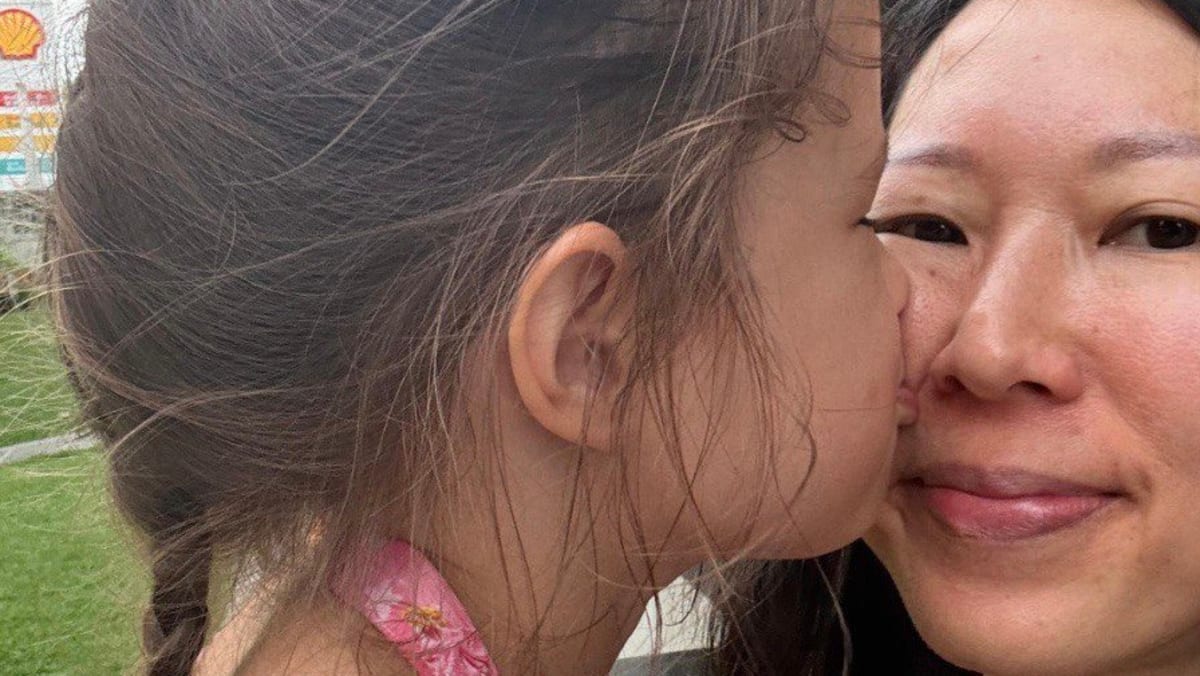The typical Asian parenting style, with its “children should be seen, not heard” philosophy, doesn’t encourage children to talk about their feelings, said Fenton.
“As children, it was rare for our parents to ask us about our emotions or have honest conversations about what we were feeling.”
But this seems to be changing. “In this new generation, it seems like kids have bigger emotions, potentially due to greater exposure to social media and the digital environment we live in,” said Fenton. “That’s not to say that these issues didn’t exist when we were younger, but the awareness around it was less apparent.”
Raising a child with big emotions has been a learning journey for her, said Fenton. “I’m constantly surprised at how aware she can be of her emotions. I’ve learnt that she needs to be heard whenever she has these big feelings.
“I truly believe that children with big feelings are just like any other child, they just process their emotions differently and often need more space for it,” she added.
Bolstered by the journal’s success, Fenton is now working on an edition for kids above 10, targeted to launch before Christmas this year.
